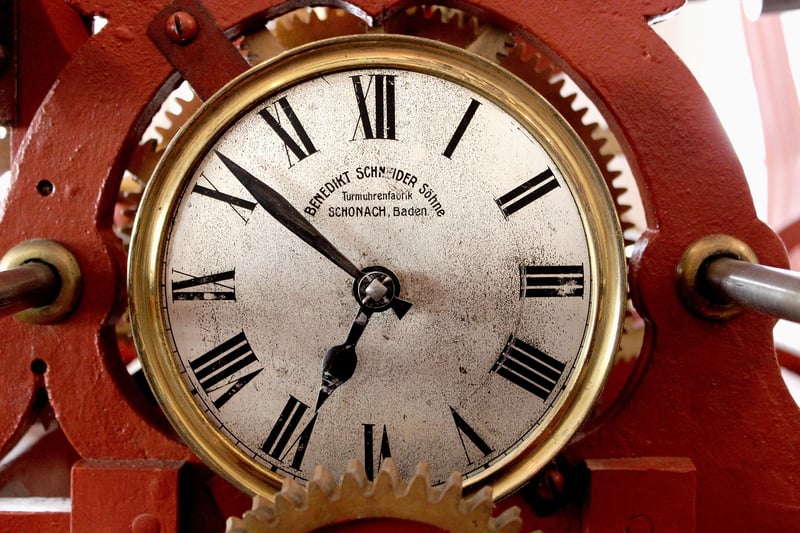Grandfather Paradox
The Dangers of Altering Time and the Grandfather Paradox
Time travel has long been a popular concept in science fiction, but what if altering time was actually possible? The idea of changing the past or the future raises numerous ethical and philosophical questions, including the infamous Grandfather Paradox.
Grandfather Paradox Explained
The Grandfather Paradox is a hypothetical situation where a time traveler goes back in time and prevents their grandfather from meeting their grandmother. As a result, the time traveler's existence becomes impossible, leading to a paradox. If the time traveler was never born, how could they go back in time to prevent their grandparents from meeting?
Dangers of Altering Time
Aside from the Grandfather Paradox, altering time can have far-reaching consequences. Changing even a small event in the past could have ripple effects that completely alter the course of history. This could lead to unintended consequences, such as creating alternate timelines or paradoxes that defy logic.
Butterfly Effect
The Butterfly Effect is a concept that suggests a small change can have significant effects on a complex system. In the context of time travel, a seemingly minor alteration in the past could snowball into major changes in the future, potentially leading to catastrophic outcomes.
Temporal Loops
Another danger of altering time is the creation of temporal loops, where events are caught in a continuous cycle with no clear beginning or end. These loops can trap individuals or information, leading to confusion and instability in the timeline.
Conclusion
While the idea of time travel is fascinating, the dangers associated with altering time cannot be ignored. The Grandfather Paradox and other potential consequences highlight the complexity and fragility of time itself. Perhaps it's best to leave time as it is and appreciate the present moment.

For more information on time travel and paradoxes, you can visit Wikipedia's page on the Grandfather Paradox.
